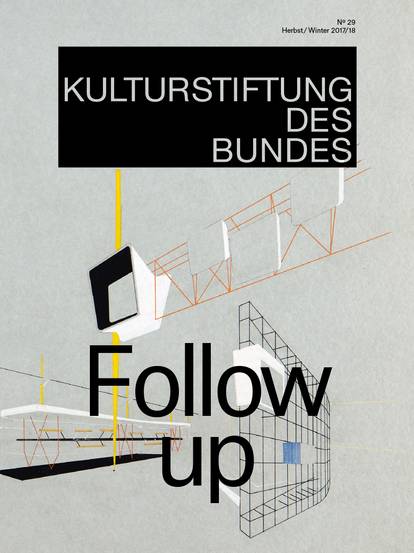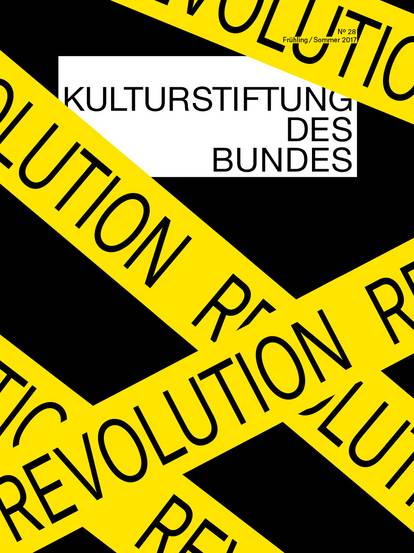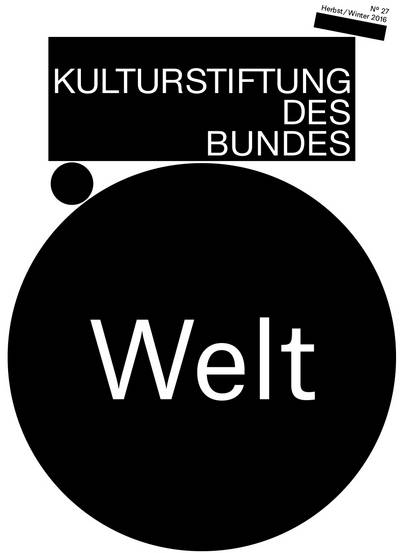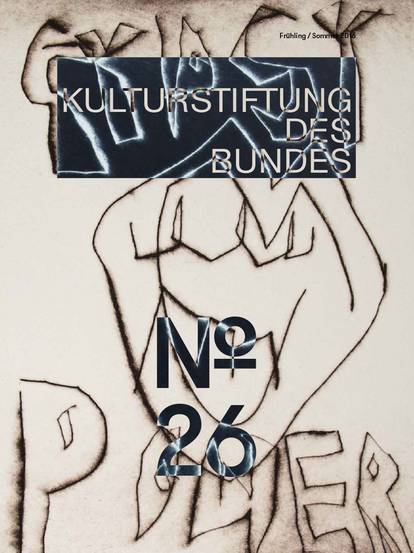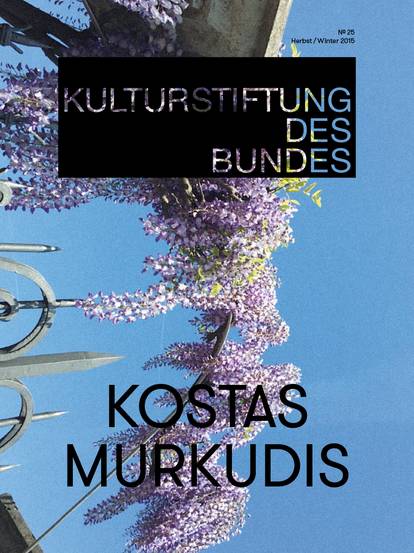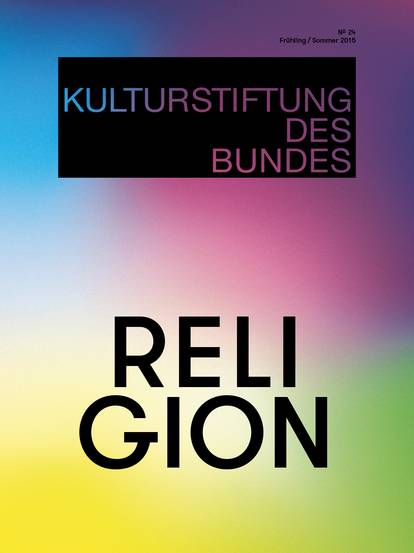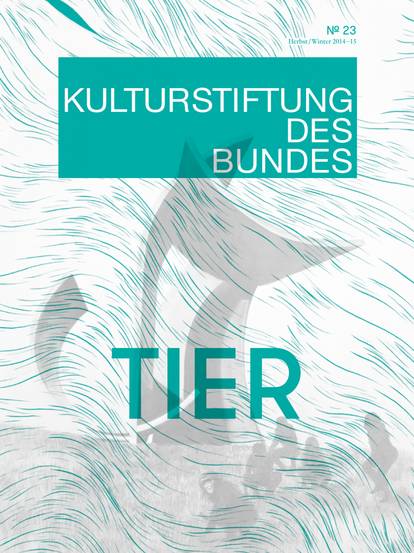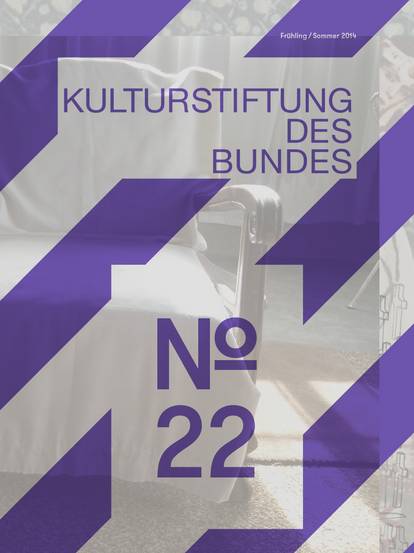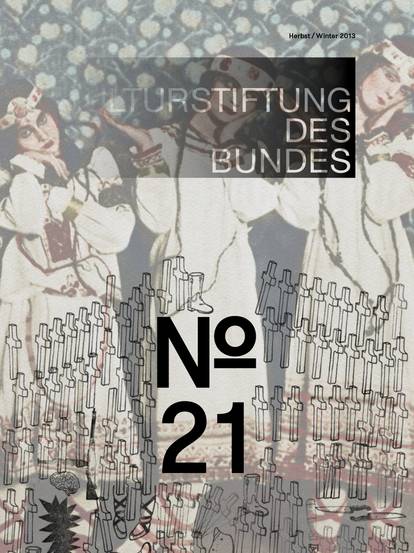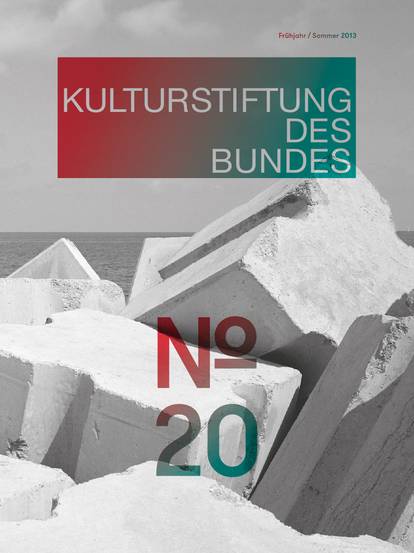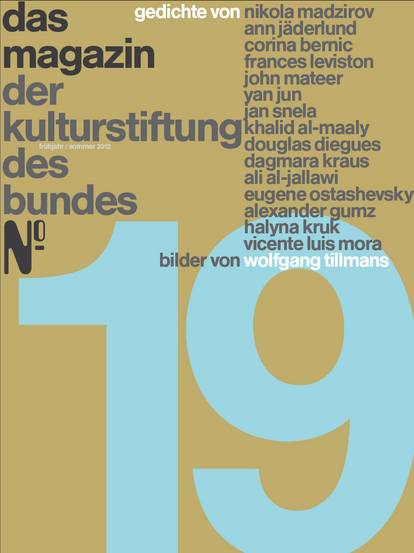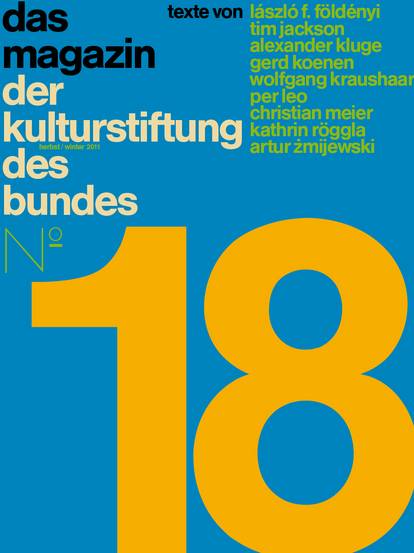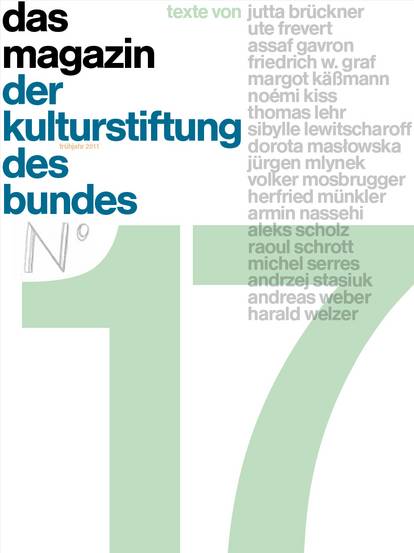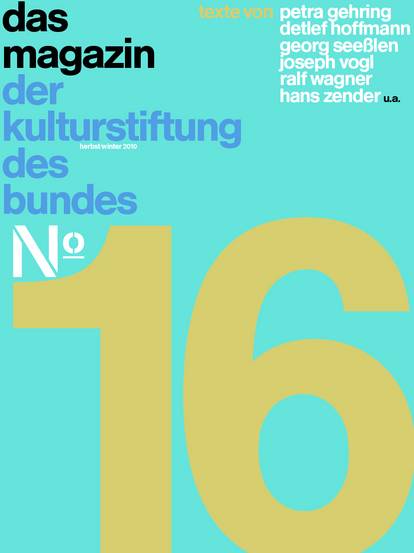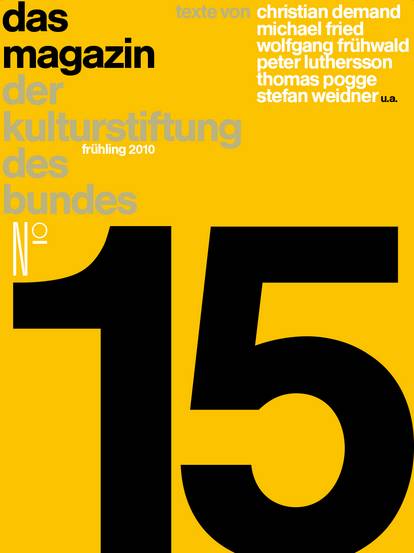"Putting War into Words" was the title of an article by Carolin Emcke which appeared in 2013 in Magazine 21. In her essay, the author and future Peace Prize winner of the German Book Trade examined our inability to comprehend war and explored the effects of pain, violence and the speechlessness of those who are subjected to war and whose existence is reduced to daily survival in this new reality.
To what extent can we put ourselves in the shoes of others so that we can understand their situation, their experiences and feelings, or that others can truly feel understood? Questions about empathy and cohabitation – also in relation to humans and animals – was the focus of Magazine 36 (2021). In his essay "On the Benefit (and Detriment) of Empathy", philosopher David Lauer reveals that our ability to empathise and the will to understand do not necessarily lead to a change in perspective and successful dialogue, and that empathy can "serve both good and bad purposes".
Also in Magazine 36, the historians Mirjam Zadoff and Manuela Bauche offer two very different perspectives on how cultures of remembrance can avoid entering a competition of victimhood, and instead join forces in the cause of commemoration. In her article "What Remains (to Be Done)", Zadoff laments the insufficient consideration of diversity in the study of the past and makes an appeal for a culture of remembrance which does not shy away from contradictions. In the essay "Walking the Line", Bauche discusses an actual incident, in which bones were discovered on the premises of the Freie Universität in Berlin. She highlights the history of the location, namely that of the former Kaiser Wilhelm Institute for Anthropology, Human Heredity Studies and Eugenics, and what the finds reveal about overlapping cultures of remembrance and the solidarity between the affected communities.
In his cyber manifesto entitled "Slavery 2.0 and How We Can Avoid It: Practical Instructions for Cyborgs" featured in Magazine 32 (2019), Aral Balkan warns of the excesses of (surveillance) capitalism and our increasing subjugation to the digital sphere which has now penetrated nearly every corner of our lives. The internationally networked human rights activist is the founder and lead designer of Ind.ie, a mini-NGO dedicated to promoting ethical technologies which serve social, non-commercial interests.
The designer and artist Tristan Schulze examines how we can preserve our independence on the Web and regain control of our private sphere and anonymity in the digital age. In 2019 he developed the app SUPER_ID for Magazine 33 which invited readers to aesthetically and playfully explore digital identity, encryption and augmented reality. Based on biometric data and audio profiles, the app allows users to create digital avatars onto which their own faces are projected. Users of the app are free to choose how much they want to reveal about themselves and their (super) identity.

![[Translate to English:] Magazine 38](/fileadmin/_processed_/f/1/csm_Magazin38_Cover-Vorschau_921x1230_689f428dc3.jpg)
![[Translate to English:] Magazine 37](/fileadmin/_processed_/b/c/csm_Mag37_Cover-Vorschau_921x1230_b5129fdb2a.jpg)
![[Translate to English:] Magazine 36](/fileadmin/_processed_/2/a/csm_Cover_Magazin36__issuu_2f3cef97bb.jpg)
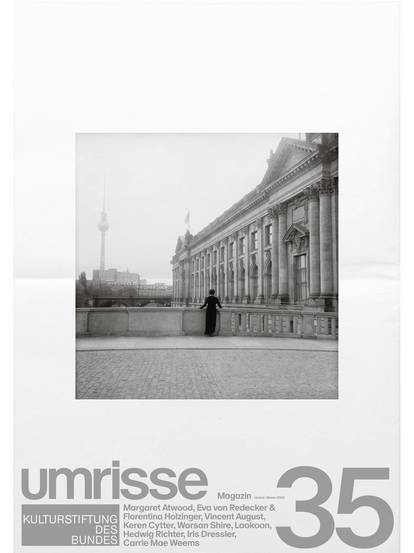
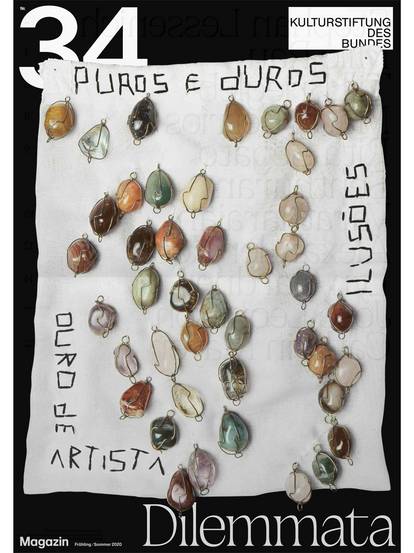
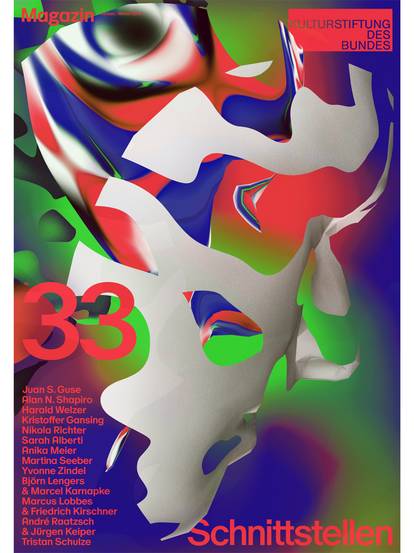
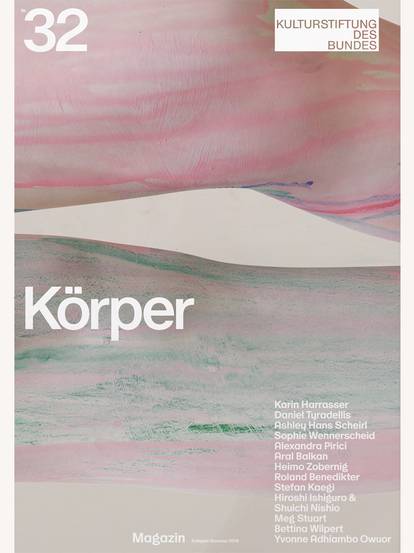
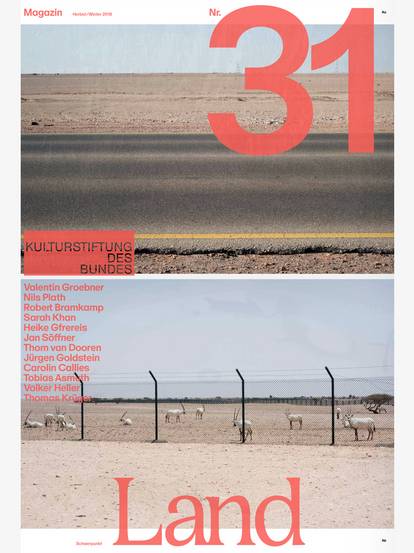
![[Translate to English:] Magazine 30](/fileadmin/_processed_/c/b/csm_magazin30_vorschau_9005f773d3.jpg)
